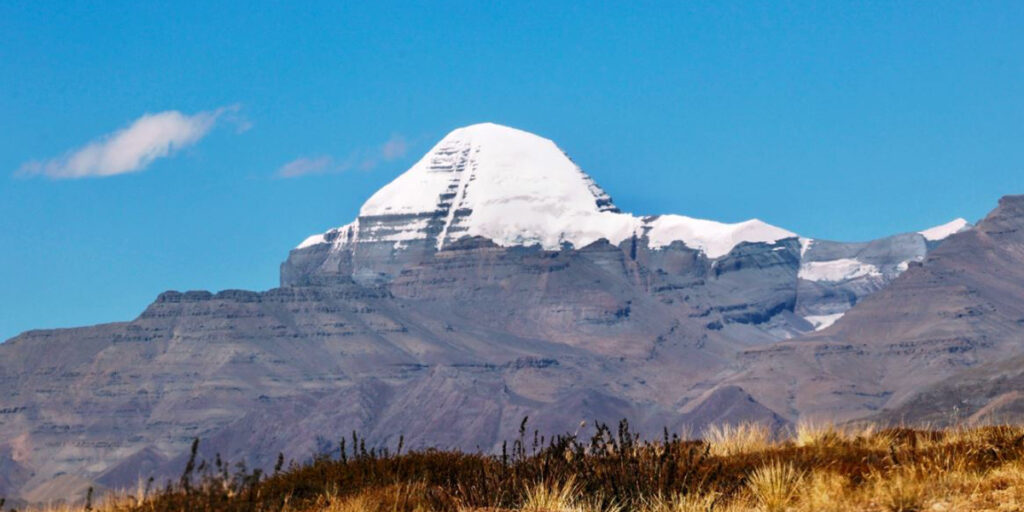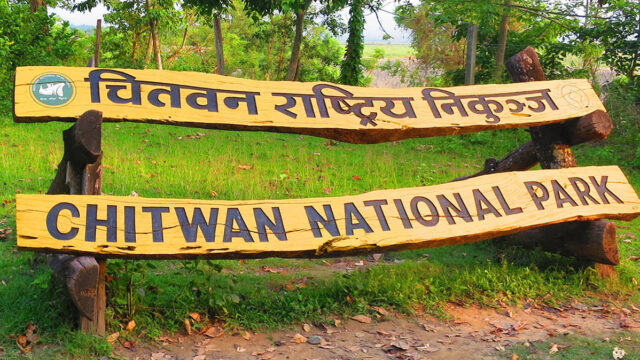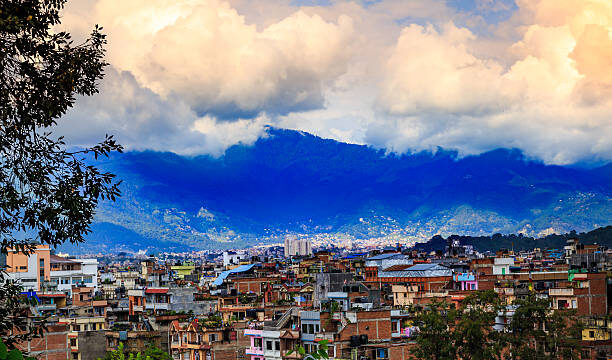A group of Indian pilgrims has arrived in Nepal’s remote Humla district to embark on the sacred Kailash Mansarovar Yatra, marking the beginning of this year’s cross-border pilgrimage season.
According to Dipendra Bhandari, a revenue official stationed at Simikot Airport, 12 Indian nationals reached Simikot today en route to the revered pilgrimage site located in Tibet, China. These are the first foreign pilgrims to arrive in Humla this year for the purpose of visiting Mount Kailash and Mansarovar Lake, two of the most significant spiritual sites for followers of Hinduism, Buddhism, Jainism, and Bon.

The pilgrims traveled from Kathmandu via the Kerung border crossing before reaching Simikot, the administrative headquarters of Humla district. From Simikot, they are expected to proceed to Hilsa, a border point adjoining Tibet, and from there cross into Chinese territory to continue their journey to Kailash Mansarovar.

Revenue Collection and Travel Pattern
Each foreign visitor arriving via Simikot for the pilgrimage is required to pay a revenue fee of NPR 1,100 per person, Bhandari informed. Typically, tourists spend one night in Simikot before continuing their journey towards the border the following day.

Increasing Tourist Influx Expected in Kailash Mansarovar
Authorities anticipate a higher number of foreign pilgrims this year compared to the previous one, with growing interest in accessing Kailash Mansarovar through the Humla route. The Simikot-Hilsa route is considered a shorter and more scenic alternative to other entry points and has become increasingly popular among pilgrims despite the logistical challenges of remote travel in the region.
The annual pilgrimage to Kailash Mansarovar, located near the source of four major rivers, Indus, Sutlej, Brahmaputra, and Karnali, holds deep spiritual significance and is regarded as a once-in-a-lifetime journey for many devotees. With the start of the season now underway, local officials and tourism operators are hopeful that Humla’s tourism economy will receive a significant boost from the influx of foreign pilgrims.






